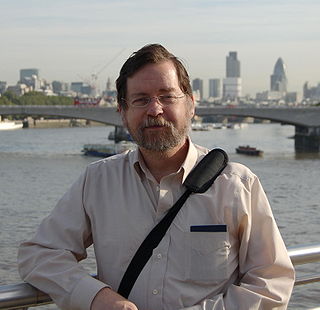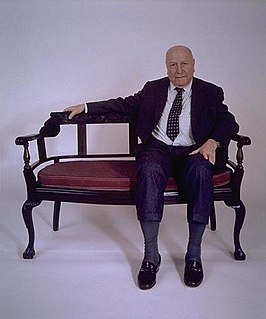A Quote by Phyllis Bottome
the unfortunate thing about worldliness is that its rewards are rather less than its appetites.
Quote Topics
Related Quotes
Haply for I am black, And have not those soft parts of conversation That chamberers have; or for I am declined Into the vale of years—yet that’s not much— She’s gone. I am abused, and my relief Must be to loathe her. O curse of marriage, That we can call these delicate creatures ours And not their appetites! I had rather be a toad And live upon the vapor of a dungeon Than keep a corner in the thing I love For others’ uses. Yet ’tis the plague of great ones; Prerogatived are they less than the base. ’Tis destiny unshunnable, like death.
But I'd rather help than watch. I'd rather have a heart than a mind. I'd rather expose too much than too little. I'd rather say hello to strangers than be afraid of them. I would rather know all this about myself than have more money than I need. I'd rather have something to love than a way to impress you.
They would make the 'Church ' their great meeting-point, rather than the Atonement of Christ. As far as my experience goes, they have more devoutness and less devotion, more fear and less love, more feeling of duty than of desire, laying more stress on Phil. ii. 12 than ver. 13, and in practice working upon the intellect and imagination rather than aiming at the heart, skirmishing among the outworks rather than assaulting the citadel.
Renunciation - non-resistance - non-destructiveness - are the ideals to be attained through less and less worldliness, less and less resistance, less and less destructiveness. Keep the ideal in view and work towards it. None can live in the world without resistance, without destruction, without desire. The world has not come to that state yet when the ideal can be realised in society.
Government employees move up the ladder through educational credentials rather than merit. People are given jobs and promotions based on seniority, race and gender rather than ability or talent. Such a system often overlooks the deserving and rewards the incompetent. There is no payoff for achievement.
Why is discipline important? Discipline teaches us to operate by principle rather than desire. Saying no to our impulses (even the ones that are not inherently sinful) puts us in control of our appetites rather than vice versa. It deposes our lust and permits truth, virtue, and integrity to rule our minds instead.






































